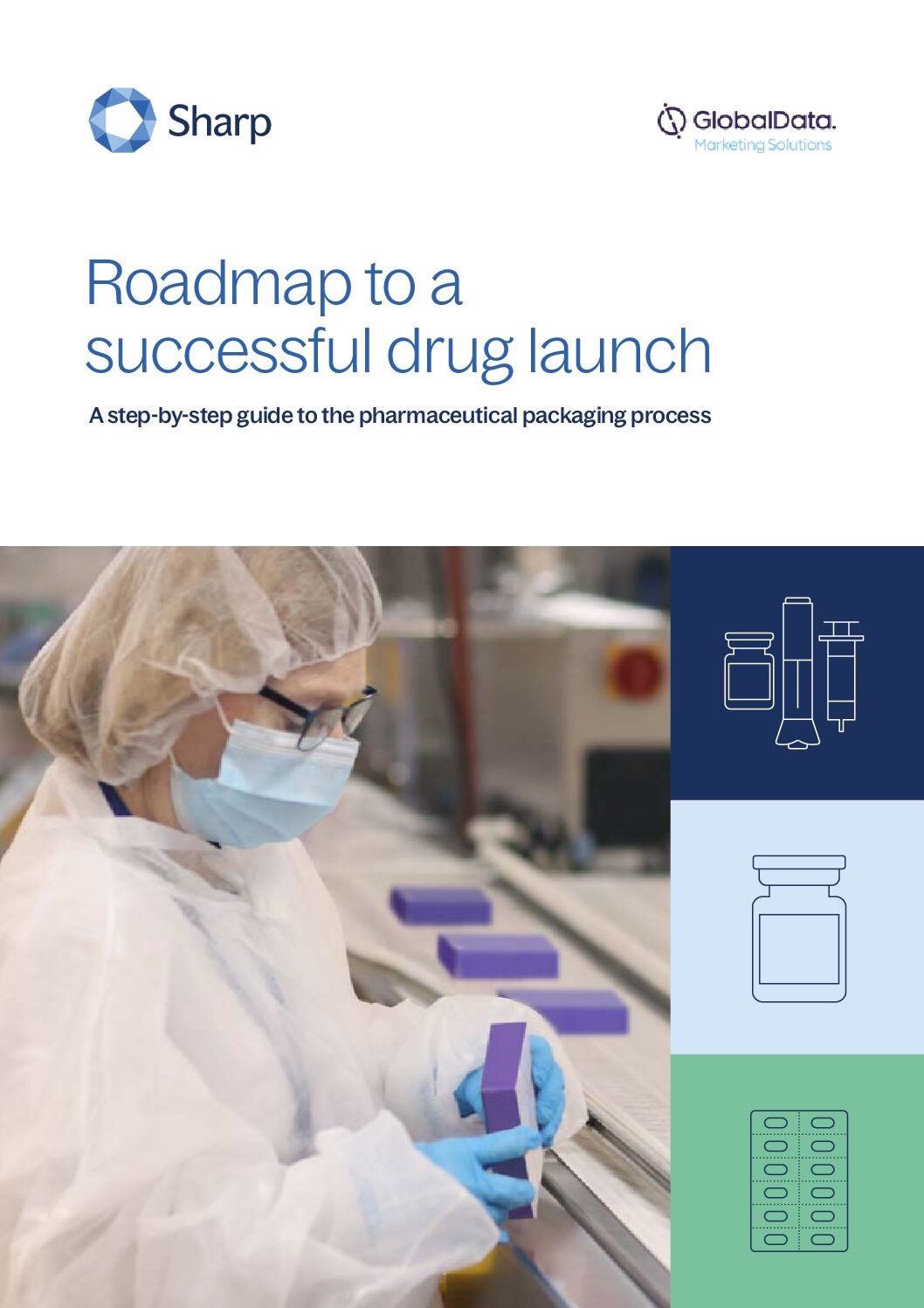
UPS Healthcare has announced the launch of UPS Pickup Point locations, a new reverse logistics service for health laboratory customers, across the UK, Germany, Italy, France, and Spain.
The Pickup Points aim to combat the challenges that healthcare-related logistics present with the increase in new medicine development. Many healthcare facilities have samples coming in from various locations with different time schedules.

US Tariffs are shifting - will you react or anticipate?
Don’t let policy changes catch you off guard. Stay proactive with real-time data and expert analysis.
By GlobalDataUPS Pickup Points locations create a reverse logistics solution by providing collection confirmation and visibility of time-sensitive specimens. The service provides a more streamlined solution for healthcare companies by decreasing the number of collection sites and improving reliability, control, and the shipment of samples to a central lab.
President of UPS Healthcare John Bolla said: “As we tackle global healthcare challenges and the needs of individual patients, every specimen counts. Connected to our global network, UPS Pickup Point locations provide our customers with unique new solutions to manage the reverse logistics of getting specimens to labs.”
In September, UPS announced its plans to acquire MNX Global Logistics by the end of this year. MNX provides transportation solutions to customers in the biopharmaceutical and life sciences sectors. The company handles temperature-sensitive cell and gene therapies using same-day ground services and transports radiopharmaceuticals via air charters.
Sectors such as cell and gene therapies rely on high-quality logistics due to the complex supply chains, as the therapy must be available as soon as the patient requires it. The rise in temperature-controlled products has increased the demand for cold-chain pharmaceutical logistics companies.






